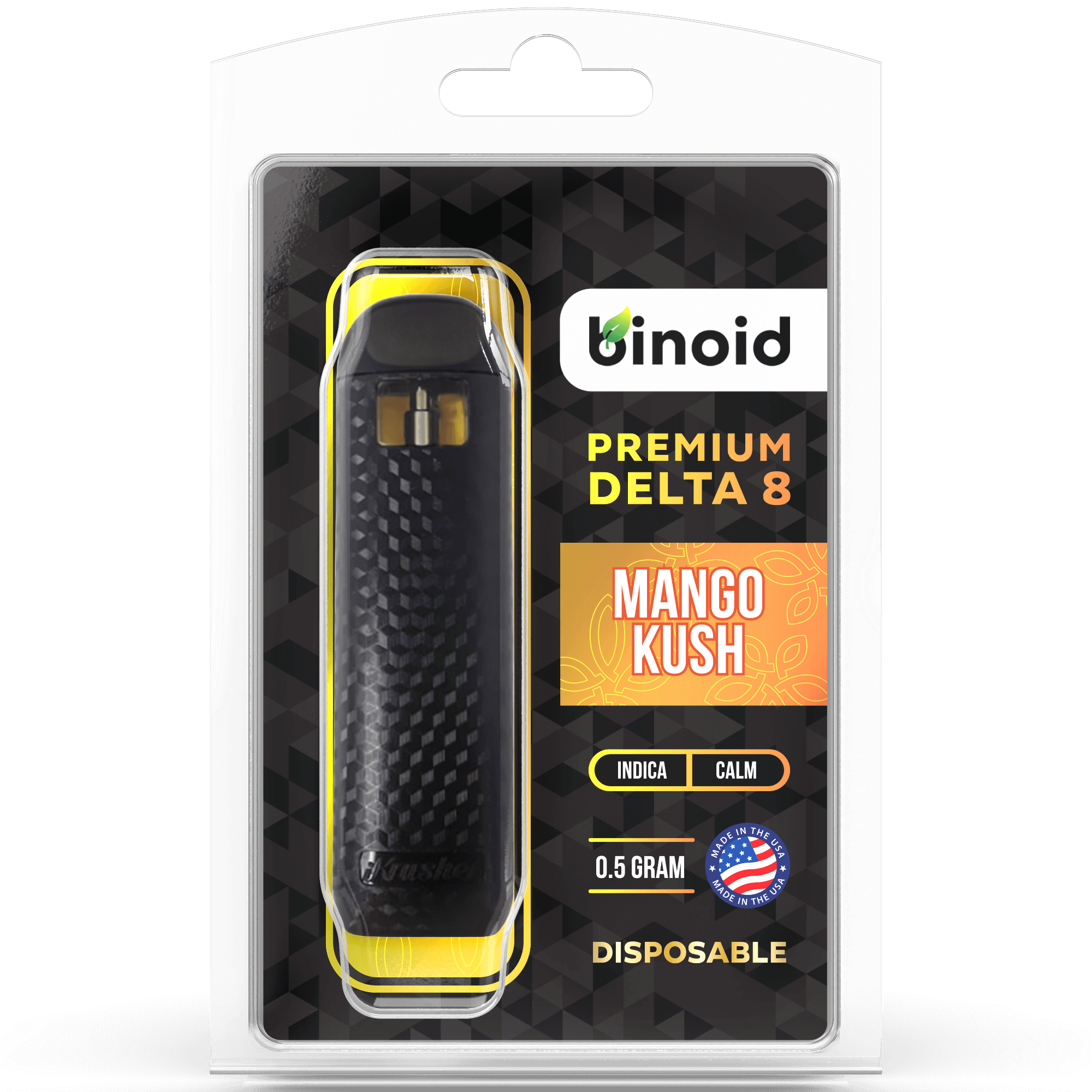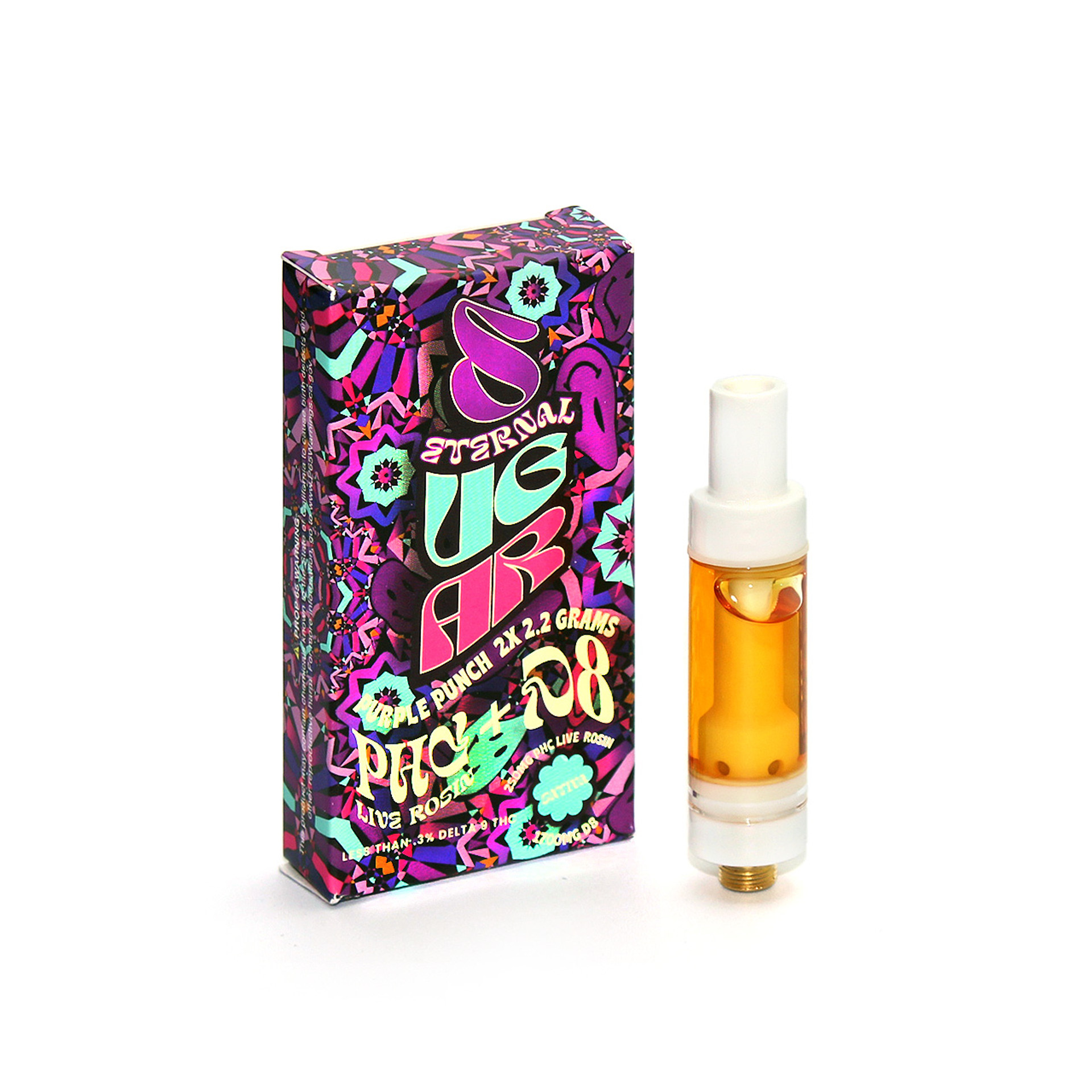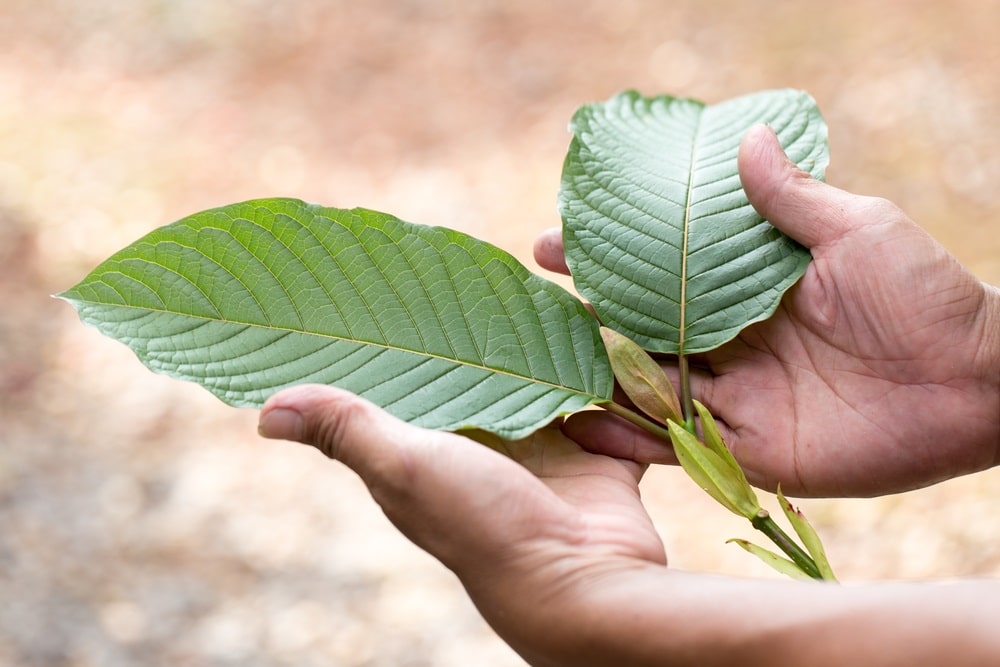In the ever-expanding world of cannabis products, from oils to edibles and even beyond, one often encounters the terms THC and CBD. These two compounds, found in varying concentrations in different strains of the cannabis plant, have garnered considerable attention for their potential health benefits and psychoactive properties. As interest in alternative wellness solutions continues to rise, understanding the disparity between THC and CBD becomes increasingly crucial, particularly when exploring innovative products like exhale wellness THC and CBD lubes.
Unraveling the Acronyms: THC vs. CBD
- THC (Tetrahydrocannabinol)
THC is perhaps the most renowned cannabinoid, primarily responsible for the euphoric “high” associated with cannabis consumption. It interacts with the brain’s receptors, altering neurotransmitter release and producing psychoactive effects. While THC offers recreational enjoyment for many, it also holds potential therapeutic value, with ongoing research exploring its applications in pain management, appetite stimulation, and more.

- CBD (Cannabidiol)
On the other hand, CBD has gained attention for its non-intoxicating properties and diverse potential health benefits. Unlike THC, CBD doesn’t induce a euphoric high. Instead, it interacts with various receptors in the body’s endocannabinoid system, influencing functions like pain perception, mood regulation, and immune response. CBD’s versatility has led to its incorporation into numerous wellness products, ranging from oils and tinctures to skincare and even lube formulations like exhale wellness THC and CBD lubes.
Divergent Effects: Psychoactive vs. Therapeutic
- Psychoactive Effects of THC
THC’s psychoactive properties can induce a range of sensations, including euphoria, relaxation, altered perception of time, and heightened sensory experiences. However, these effects may not be suitable for everyone, particularly those seeking symptom relief without intoxication.
- Therapeutic Potential of CBD
CBD, on the contrary, offers a more subtle influence on the body and mind. Its therapeutic potential spans across various domains, including pain management, anxiety reduction, anti-inflammatory effects, and even seizure control. Moreover, CBD’s non-intoxicating nature makes it appealing for individuals seeking relief without impairment.
Legal Landscape: THC vs. CBD
- THC Legality
Due to its psychoactive properties, THC remains tightly regulated in many jurisdictions. While some regions have legalized its recreational and medicinal use, others maintain strict prohibitions, classifying it as a controlled substance.
- CBD Legality
CBD’s legal status, on the other hand, has undergone significant evolution. With the passage of the 2018 Farm Bill in the United States, hemp-derived CBD containing less than 0.3% THC became federally legal, opening doors for its widespread availability in various forms, including oils, capsules, and topical solutions like exhale wellness THC and CBD lubes.
The Entourage Effect: Harnessing Synergy
- Synergistic Benefits
One intriguing concept in cannabis science is the entourage effect, suggesting that cannabinoids and other compounds present in the plant work synergistically to enhance each other’s effects. While THC and CBD offer distinct benefits on their own, their combined presence, along with terpenes and other phytochemicals, may amplify therapeutic outcomes.

Conclusion
In conclusion, understanding the disparity between THC and CBD is essential for making informed choices in the realm of cannabis consumption. Whether seeking recreational enjoyment, symptom relief, or overall wellness enhancement, recognizing the distinct characteristics and effects of these cannabinoids can guide individuals towards tailored experiences that align with their preferences and needs. As innovation continues to drive the development of new cannabis products like exhale wellness THC and CBD lubes, a nuanced understanding of THC and CBD remains paramount in navigating the evolving landscape of cannabis wellness.

